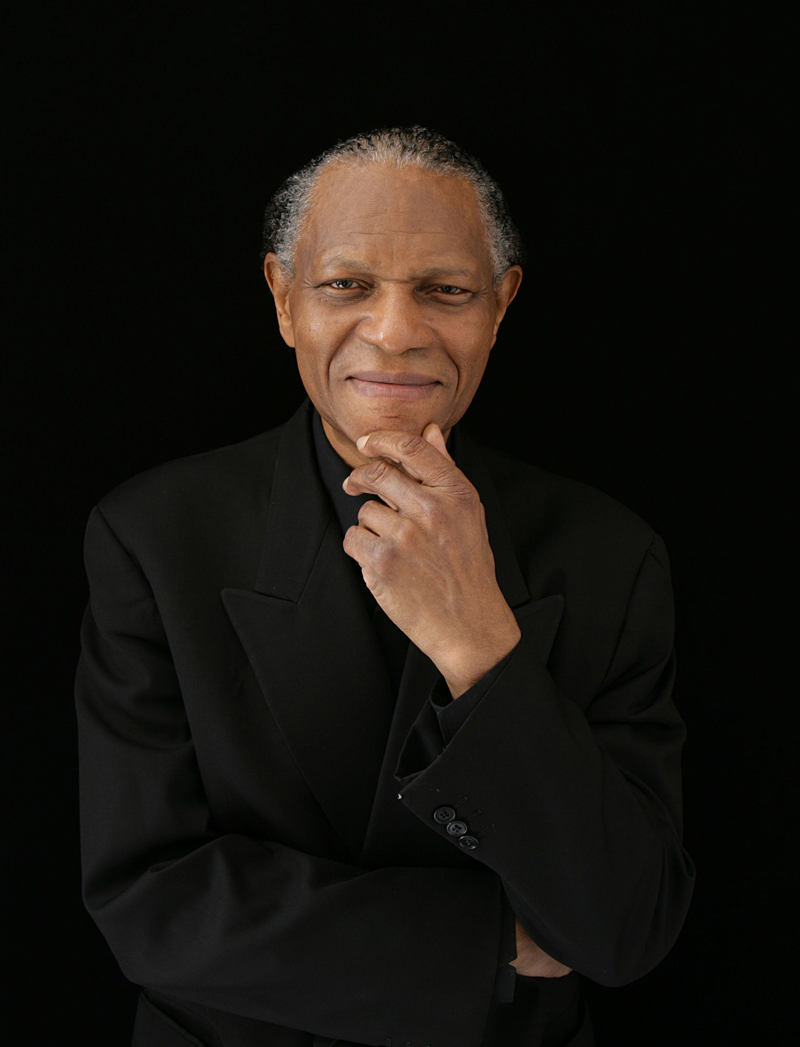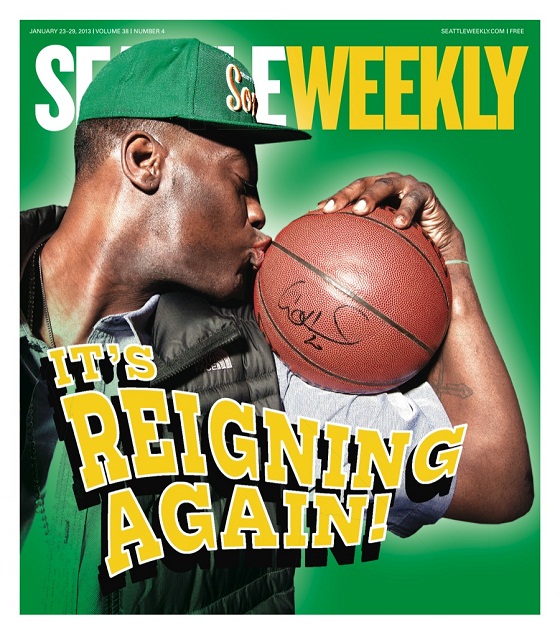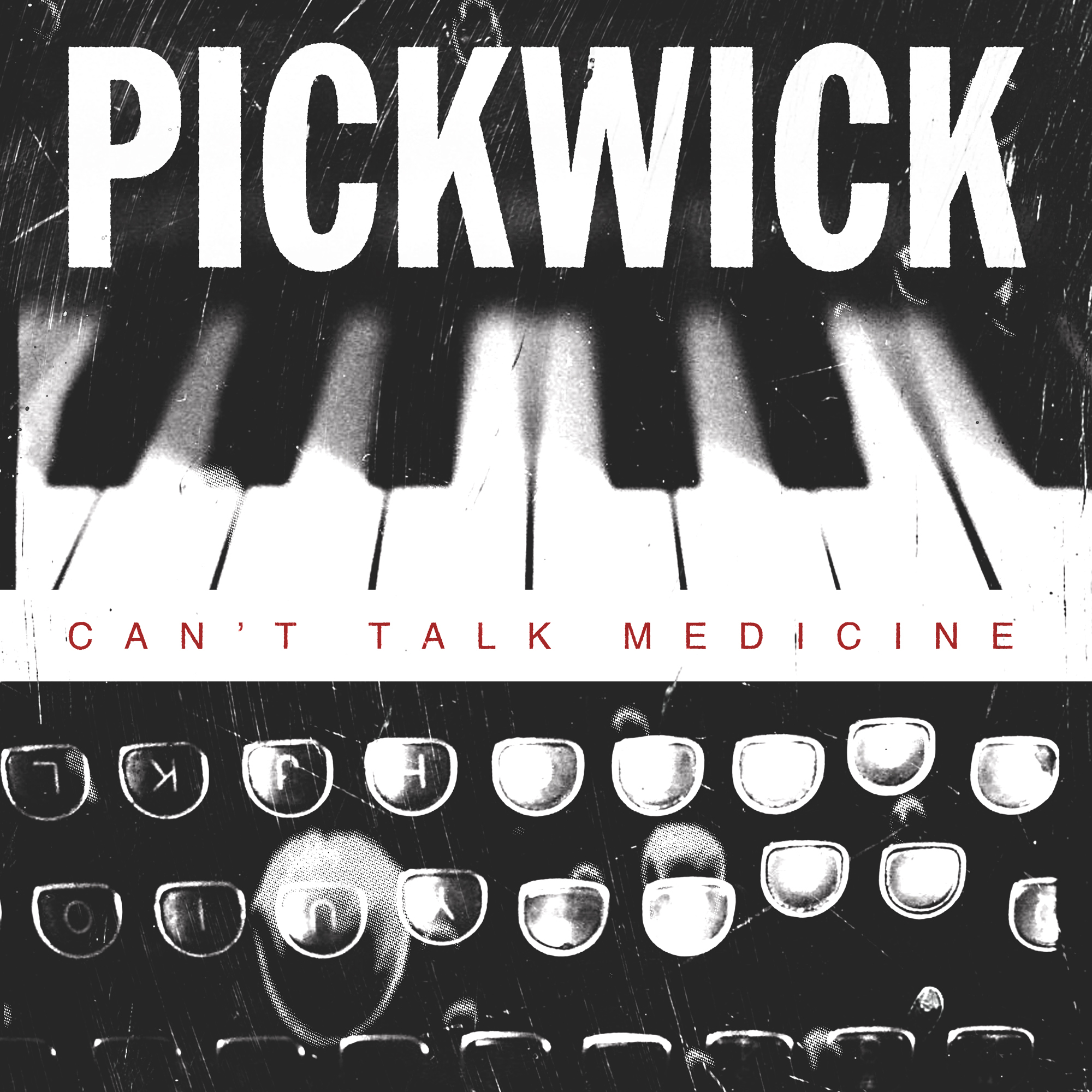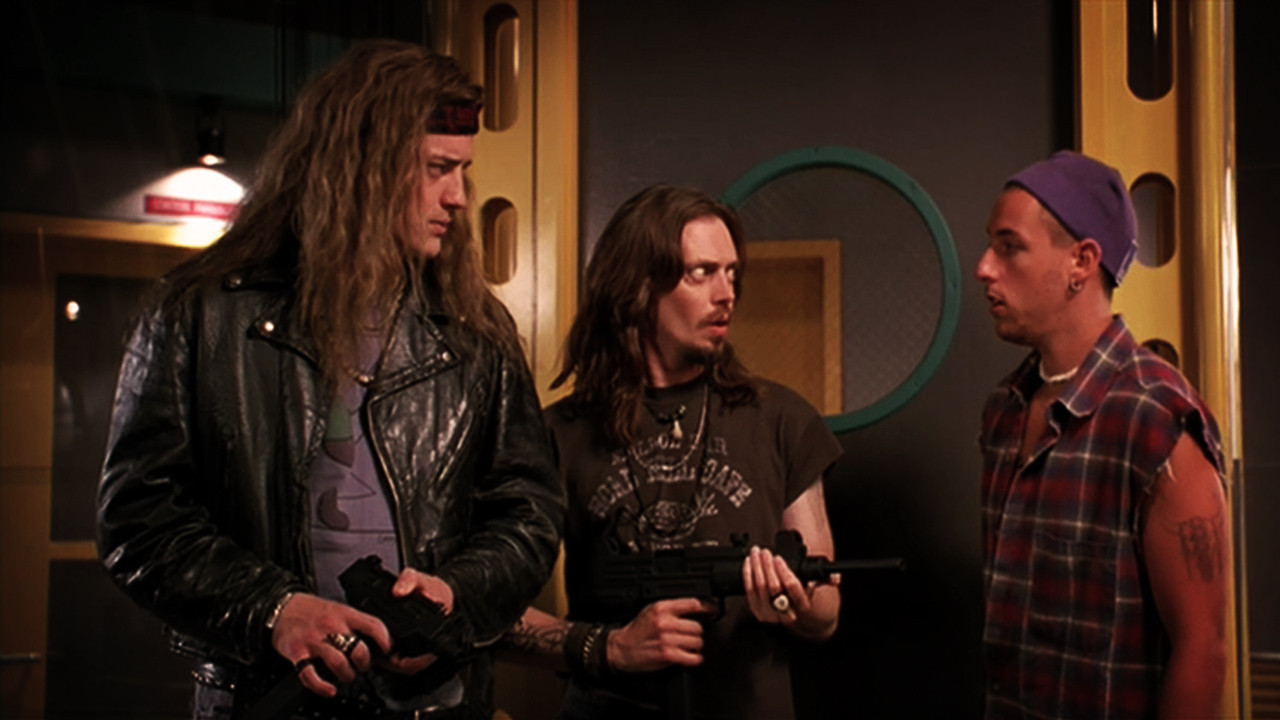If you can only name three jazz records, chances are one is Kind of Blue and another is A Love Supreme. At 73, pianist McCoy Tyner is the last living member of the venerable John Coltrane Quartet, responsible for the latter, one of a run of records—Impressions, Crescent, etc.—that are among the most hallowed in jazz.
“He gave me a lot of freedom,” Tyner said of Coltrane over the phone recently. “He was very, very confident in terms of what he wanted to do. So I would give him freedom to do what he wanted. And then he would look at me, and that means ‘Come on in.’ “
A prolific bandleader and solo artist in his own right, Tyner brings his quartet to Jazz Alley for a run of shows this week. Here he talks about his old boss, his new music, and why you won’t hear him play “A Love Supreme.”
SW: Did you learn anything from Coltrane as a bandleader that you bring to your work today?
Tyner: I learned a lot from that man. I think he was the kind of person who learned a lot from us as well. But he was definitely a true leader, and he had conviction. He used to practice all the time. I mean, we’d stay in the hotel, and I could hear John down the hall practicing. He was always working on things, had something he was thinking about. And so [he] practiced a lot. He was a devout bandleader and artist.
How do you practice today?
I don’t really practice. I compose. When I play, that’s a form of practicing in a way. Because, you know, you try things. I try things when I’m onstage. I don’t have a real practice schedule. I work a lot. Sometimes I just rest and think.
What music are you putting in your set lists these days?
I play stuff that I really like. “Fly With the Wind” [from 1976], I still play that. “African Village,” I recorded that years ago [1968]. Duke Ellington was like that. He wrote a lot of music, but he played it all. But, also, it’s good to compose new music. I keep writing, and it builds my catalog.
I’ll bet you get a lot of people asking you to play “A Love Supreme,” though?
Yeah, but I don’t play that. I do mostly my own material. “A Love Supreme” is really something that, without him, it wouldn’t be the same. But I do [Coltrane’s] “Moment’s Notice” [and others]. But there are some things that are really suitable only if John was there.








